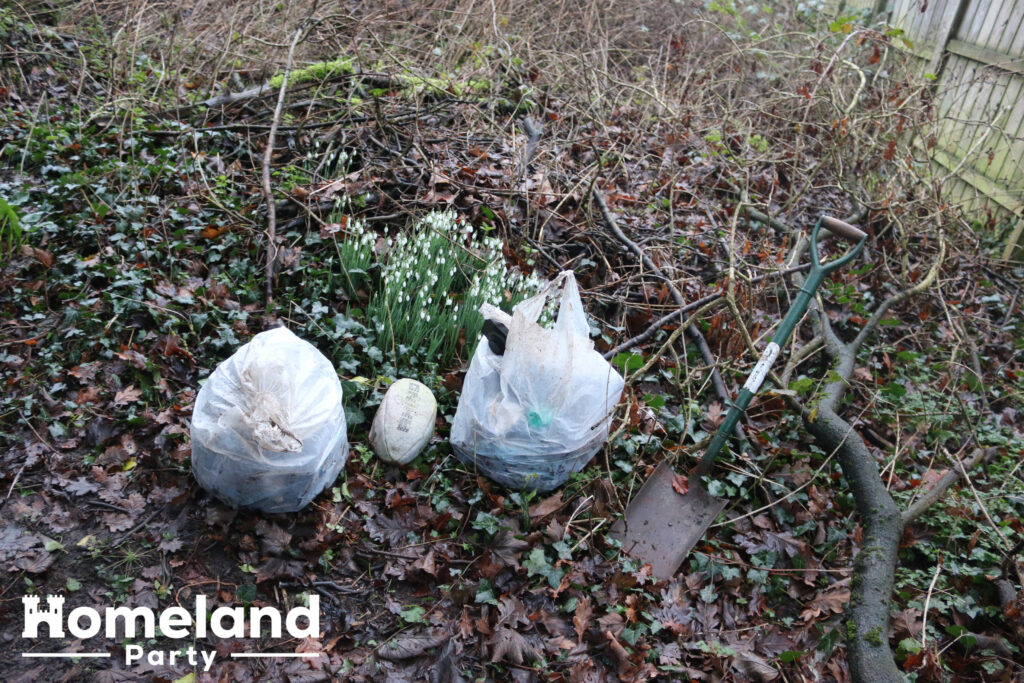Labour’s recent rhetorical pivot (with references to “an island of strangers”) may appear to some as a moment of honesty, a rare instance of introspection from a party long wedded to mass immigration, multicultural policy, and the dissolution of shared national identity. But for those who have witnessed this cycle before, it is nothing of the sort. This is not a confession. It is a recalibration.
Labour adopts the language of culture only when it feels its footing slipping, when public discontent becomes impossible to ignore. It is a strategic retreat, not a moral reckoning. They offer the illusion of common ground just long enough to regain control before casting it aside in favour of the same bureaucratic ideology that has unravelled the nation’s fabric.
The Fantasy of Abstraction
At the heart of this lies a dangerous delusion: the belief that a nation can be built from above, from abstract values, procedural documents, and bureaucratic fiat. This is the founding error of modern liberalism that man is a blank slate, and culture is a consumer choice.
But man is not a creature of abstraction. He is born into the world as part of a living lineage into a family, a people, a place. His first language is not spoken, but felt: the warmth of his mother’s embrace, the cadence of local speech, the customs of the hearth and home. These are not policies. They are inheritances.
Liberal states have tried to bypass this reality for decades, whether under Labour or Conservative rule. They treat the English, Scottish, Welsh, and Irish peoples not as nations in the historical and ethnocultural sense but as open-ended populations replaceable and reprogrammable. Their project is one of cultural engineering: to simulate trust through regulation, to mimic kinship through civic slogans, and to produce unity through surveillance and guilt.
But this is to mistake the product for the cause. You cannot reverse-engineer a people.
Emergent Order vs Managed Fragmentation
The qualities they seek (trust, social cohesion, civic responsibility) do not come from the top down. They are emergent properties of a shared ethnocultural life. They arise when a people are secure in their identity, confident in their history, and rooted in the land of their forefathers. They cannot be outsourced, imported, or assembled like a flat-pack moral code.
This is why the modern state grows ever more intrusive even as it becomes more fragile. Having severed the organic roots of nationhood, it must now simulate them through coercive means. Where once there was neighbourly trust, there are now diversity audits. Where once there was shared morality, there is now corporate ethics training. Where once people knew who they were, they are now asked to prove it via ever-changing inclusion metrics. And still, they wonder why nothing holds.
Nature Has Not Gone Away
All of this rests on a final, fatal illusion: that nature can be overwritten by ideology. But nature remains. No matter how abstract our laws, global institutions, or detached our elites become, the fundamental truths of human belonging remain fixed.
Human beings are tribal. We seek continuity. We form attachments not to ideas but to people, our people. Kinship is not a social construct but a biological and cultural reality. And the farther a state drifts from this truth, the more brittle and hostile it becomes.
Multicultural societies do not fail because people cannot live side by side. They fail because they demand shared sacrifice without a shared story, impose standard rules without common roots, and expect loyalty in the absence of belonging. They expect strangers to act like kin while forbidding anyone from saying who their kin actually are.
It is not immigration alone that breaks a nation. It is the insistence that a nation must not exist, that identity is dangerous, that history is shameful, and that memory must be policed. No society can endure that contradiction for long.
A Return to the Organic
The path forward is not a retreat into nostalgia but a return to nature and the organic understanding of nationhood that once grounded this country. We must reassert the obvious: that the peoples of these islands are not inventions of the state but products of deep history. We are not British because a passport says so. We are British (more precisely, English, Scottish, Welsh, and Irish) because we carry the story of this land in our bones.
This does not mean exclusion for its own sake. It means definition with integrity. Those who marry into the nation, raise children in its ways, and share in its fate may indeed become part of it. However, no one becomes English by merely holding a certificate. To believe otherwise is to believe that a tree is nothing more than its bark.
The Ground Beneath Our Feet
Labour’s latest rhetorical manoeuvre is not a signal of change but weakness. Their technocratic project has failed to recreate the trust, cohesion, and peace they once found inconvenient. As the consequences mount, they reach for a vocabulary they long disdained but only long enough to recover power.
Let us not be fooled. Let us remember: culture is not a costume. Identity is not an idea. And nations are not built by governments. They grow slowly and imperfectly through ancestry, sacrifice, and memory.
A nation cannot be abstracted. It must be rooted.
Or it will be lost.


